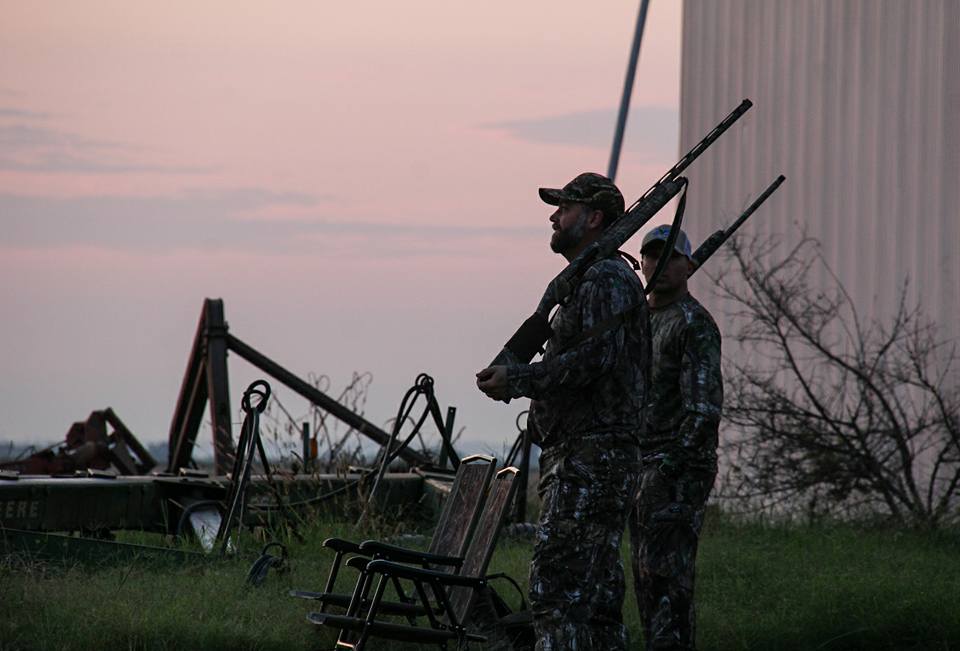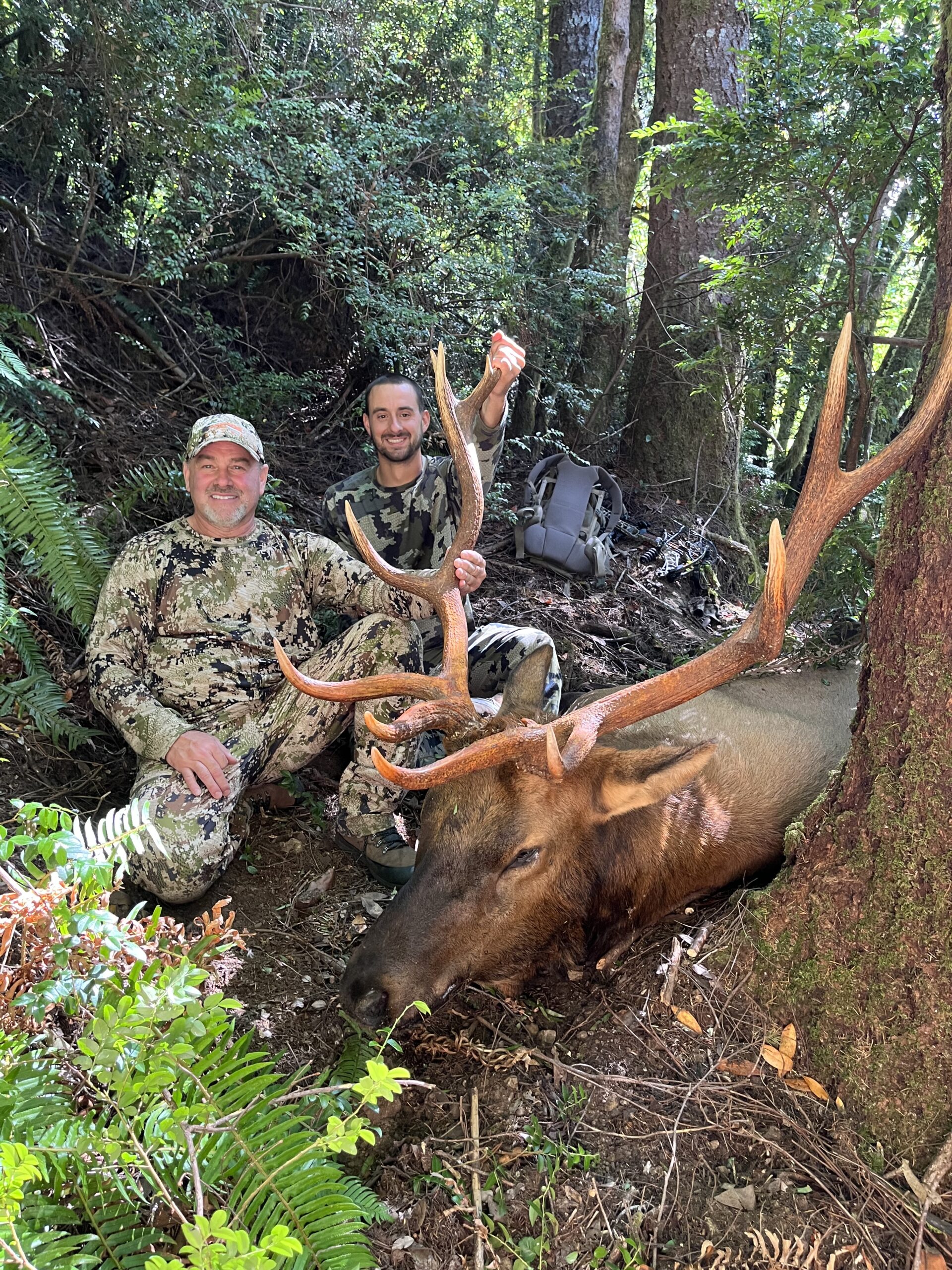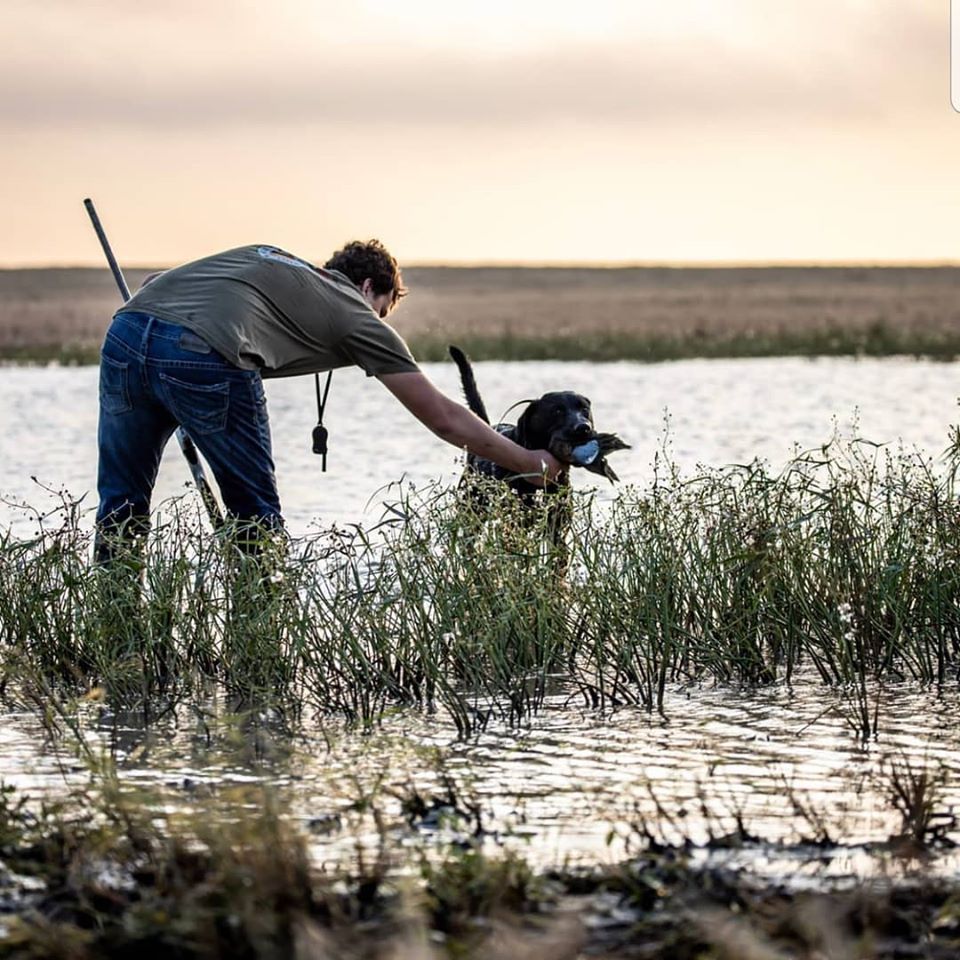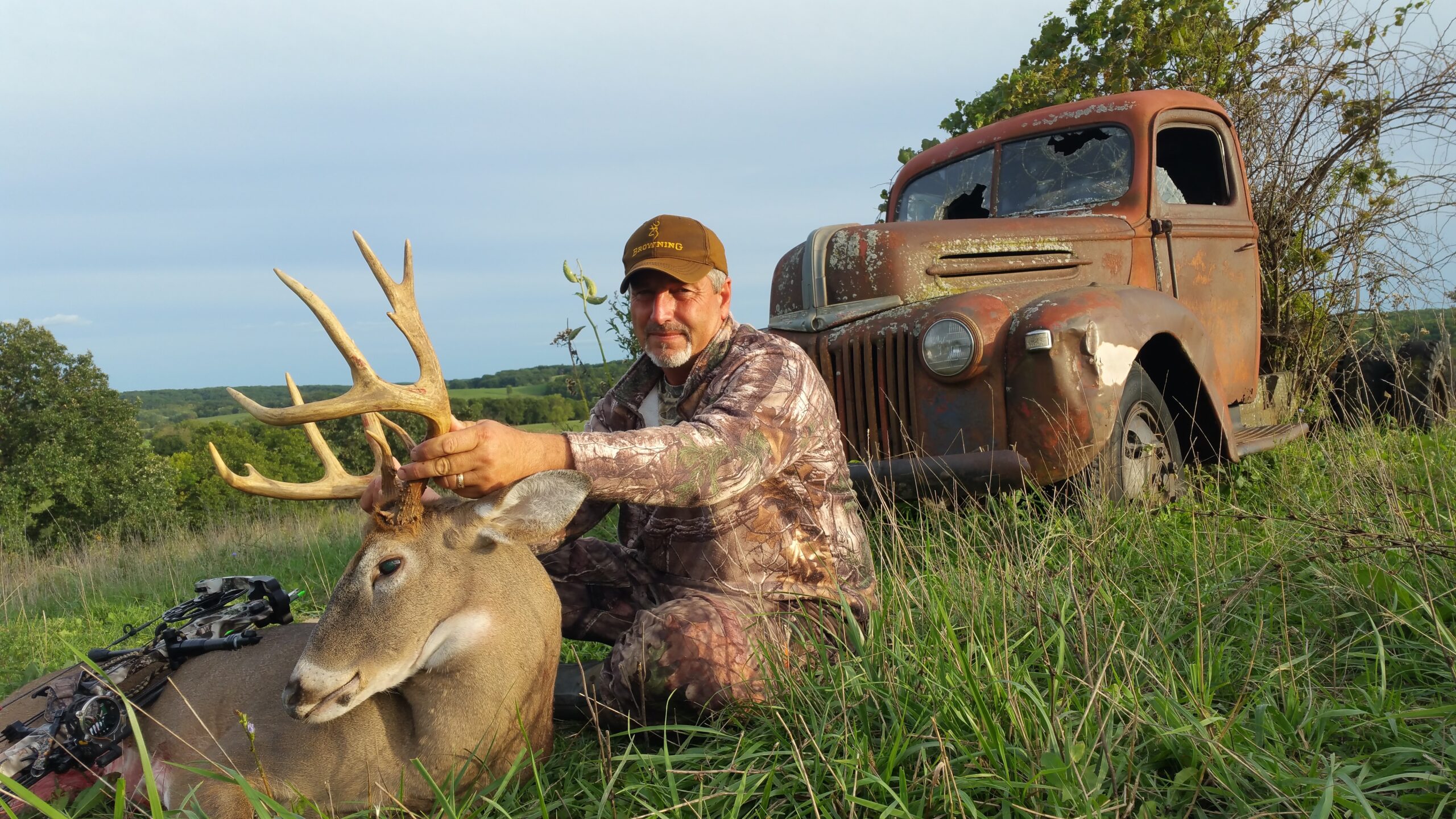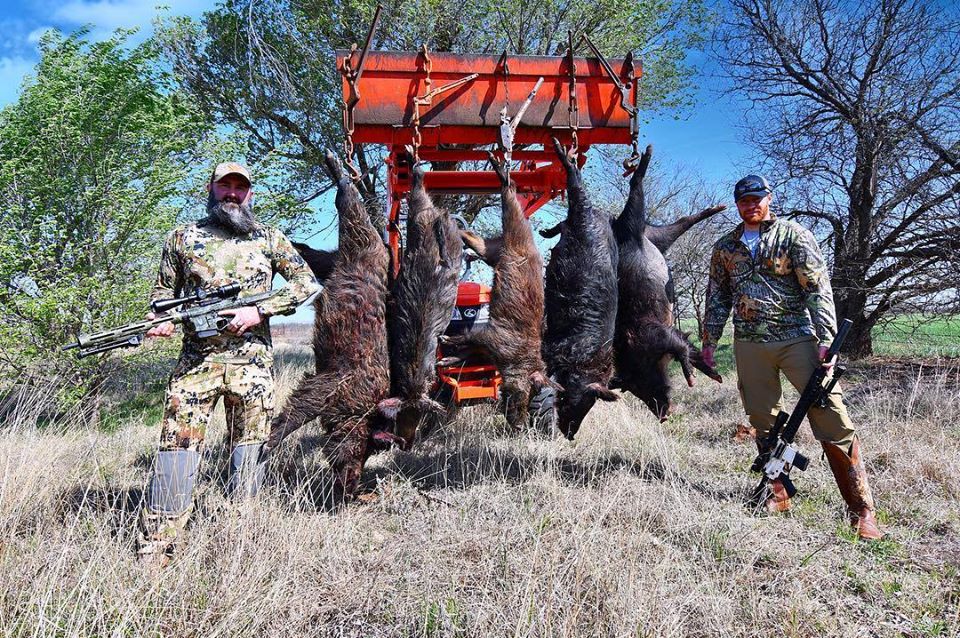Planning a hunt can be an exciting adventure, but for those who are unfamiliar with a particular area or species, booking a guided hunt can be a wise choice. A knowledgeable guide not only increases your chances of a successful hunt but also ensures your experience is safe, ethical, and aligned with local regulations. Here’s a comprehensive guide on how to book a guided hunt, from selecting the right guide to preparing for the hunt.
Photo Credit: Guided Dove Hunt / Cherokee / Oklahoma
1. The Importance of Selecting the Right Guide
The success of your hunt often hinges on the expertise and experience of your guide. A good guide will know the terrain, the habits of the game, and the most effective strategies for a successful hunt. They also handle logistics, from transportation to meat processing, allowing you to focus on the hunt itself.
Key Considerations When Choosing a Guide:
- Experience and Reputation: Look for guides with a solid track record and positive reviews. They should be familiar with the specific type of hunt you’re interested in, whether it’s for antelope, elk, mule deer, or another species.
- Area Knowledge: Your guide should have intimate knowledge of the area where the hunt will take place. This includes understanding local wildlife patterns, weather conditions, and potential challenges.
- Personality Fit: You’ll be spending a lot of time with your guide, so it’s important that your personalities mesh well. A good rapport can enhance the overall experience.
Photo Credit: Roosevelt Elk Hunting / Coquille / Oregon
2. Questions to Ask Before Booking
Before committing to a guide, it’s essential to ask the right questions to ensure they meet your needs and expectations. Here are some critical questions to consider:
- What is your experience with the specific type of hunt I’m interested in? Ensure the guide has extensive experience with the species and terrain of your hunt.
- What is included in the hunt package? Clarify what’s included, such as accommodations, meals, transportation, meat processing, and trophy care. Also, ask about any additional costs.
- What is your success rate? While no guide can guarantee a successful hunt, understanding their track record can give you a realistic expectation of the outcome.
- What are the local hunting regulations? A good guide will be well-versed in local laws and ensure that all aspects of the hunt are legal and ethical.
- What gear and equipment will I need? Your guide should provide a detailed list of required gear, including any specific equipment needed for the terrain or species.
- What is your cancellation policy? Understand the terms if you need to cancel or reschedule, especially considering the unpredictability of weather and other factors.
Photo Credit: Early Season Waterfowl Hunt / Claflin / Kansas
Booking Online: Using Platforms Like Venku
In today’s digital age, booking a guided hunt is easier than ever, thanks to online platforms like Venku. These websites allow you to browse a wide range of hunting experiences, read reviews, and book directly with guides.
Steps to Book a Guided Hunt Online:
- Search for Your Desired Hunt: Use filters to narrow down hunts by species, location, and dates.
- Read Reviews: Check out reviews from other hunters to get an idea of what to expect.
- Contact the Guide: Before booking, reach out to the guide to ask any additional questions and confirm availability.
- Secure Your Booking: Once you’ve chosen a guide, follow the platform’s process to book your hunt. This often includes paying a deposit.
- Confirm Details: After booking, ensure all details are confirmed, including meeting points, times, and any last-minute preparations.
Photo Credit: First Firearm Season – Rifle Hunt / Unionville / Missouri
4. Understanding Hunting Regulations
Hunting regulations vary significantly by state, region, and species. It’s crucial to be fully aware of these rules before your hunt to avoid legal issues and ensure a safe, ethical experience.
Key Regulatory Considerations:
- Licensing: Ensure you have the proper licenses and tags for the species you plan to hunt. Some states also require hunter education certification.
- Season Dates: Be aware of the specific hunting season dates for your target species.
- Bag Limits: Understand the bag limits for the species, which dictate how many animals you can legally harvest.
- Protected Areas: Know the boundaries of any protected areas where hunting is prohibited.
A knowledgeable guide will help you navigate these regulations, but it’s your responsibility to ensure compliance.
5. General Hunt Preparation
Preparation is key to a successful hunt. Beyond booking the right guide and understanding regulations, consider the following:
Physical Fitness: Depending on the terrain and species, your hunt may require significant physical exertion. Prepare with a tailored exercise plan that includes cardio, strength training, and endurance exercises.
Gear and Equipment: Double-check your gear list well in advance. This includes your weapon of choice, optics, clothing suitable for the weather and terrain, and essentials like a first aid kit and GPS.
Practice Shooting: Spend time at the range to ensure your shooting skills are sharp. Practice in conditions that mimic those of your upcoming hunt, such as long distances or challenging angles.
Mental Preparation: A successful hunt often requires patience and mental toughness. Prepare yourself for long days in the field, changing weather conditions, and the possibility of coming home empty-handed.
Booking a guided hunt can be the key to a memorable and successful hunting experience. By carefully selecting the right guide, asking important questions, booking through reliable platforms like Venku, staying informed about hunting regulations, and preparing thoroughly, you can set yourself up for an unforgettable adventure in the great outdoors.
Hunters agree one main factor when booking a guided hunt can mean the difference between a great hunt and a disaster

